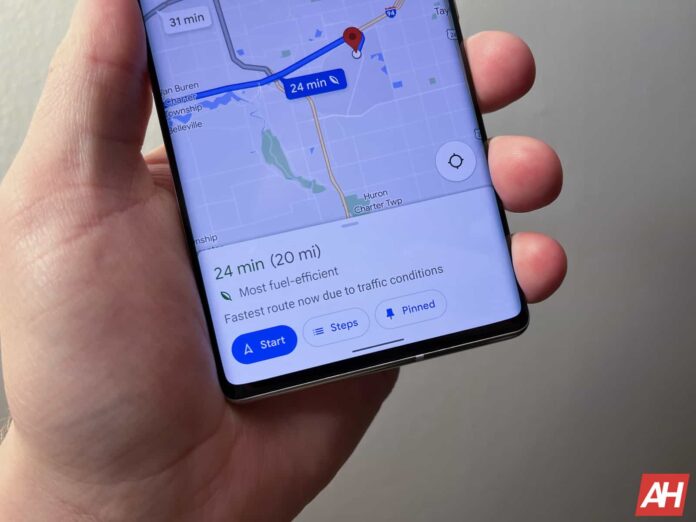[ad_1]
Google Maps is a powerful tool for discovering and exploring places. It covers a vast number of locations worldwide and provides detailed information about places, complete with user reviews and ratings. The company has a robust policy in place to ensure that these reviews are genuine and helpful to others. It recently detailed three ways it stops policy-violating content or fake reviews from surfacing on Maps.
Google details its measures to prevent fake reviews on Maps
According to Google, over 300 million people share their experiences about more than 250 million places around the world on Google Maps each year. The platform adds over 20 million reviews, photos, business hour updates, and other contributions from its users every day. The company relies on automated technologies and human experts to catch fake reviews before they are seen by others. This keeps the content authentic and reliable.
However, the work doesn’t end there. Google says it actively monitors user contributions on Maps to look for unusual patterns, which can be a sign of abuse. If its systems detect suspicious activity, the company acts quickly to prevent further abuse. The protective measures it uses may include taking down policy-violating content and temporarily disabling new contributions.
For example, earlier this year, Google noticed that a local bar in Missouri received an unusually high number of 1-star reviews. A sudden spike in poor ratings suggested abuse. To prevent further damage, the company temporarily disabled the rating function for the place. It also removed reviews that violated the Maps policies and investigated the accounts that left the ratings.
While Google’s real-time abuse detection works for all places, it has a special policy for some places around sensitive events such as elections. The company says places like polling stations tend to receive off-topic and unhelpful contributions that don’t reflect the actual experience of the location. To help avoid the spread of misinformation, it limits suggestions to edit phone numbers, addresses, and other factual information for voting sites around elections.
Police stations and prisons have special policies too
Police stations and prisons are places where people go without choice. Google noticed that user contributions for these types of places are “consistently unhelpful, harmful, or off-topic.” It protects such places with long-term measures, which include limiting contributions or blocking contributions altogether. Users are notified when they can’t post a review.
“If someone is looking to write a review for a prison on Google Maps, they may find a notification banner that says this functionality is turned off with a link to learn more about our policies,” Google explained. While user contributions may be limited, Maps still offers other helpful and factual information about these places, including addresses, websites, and phone numbers. Google will continue to invest in proactive ways to keep user reviews and ratings on Maps helpful and reliable.
[ad_2]
Source link
